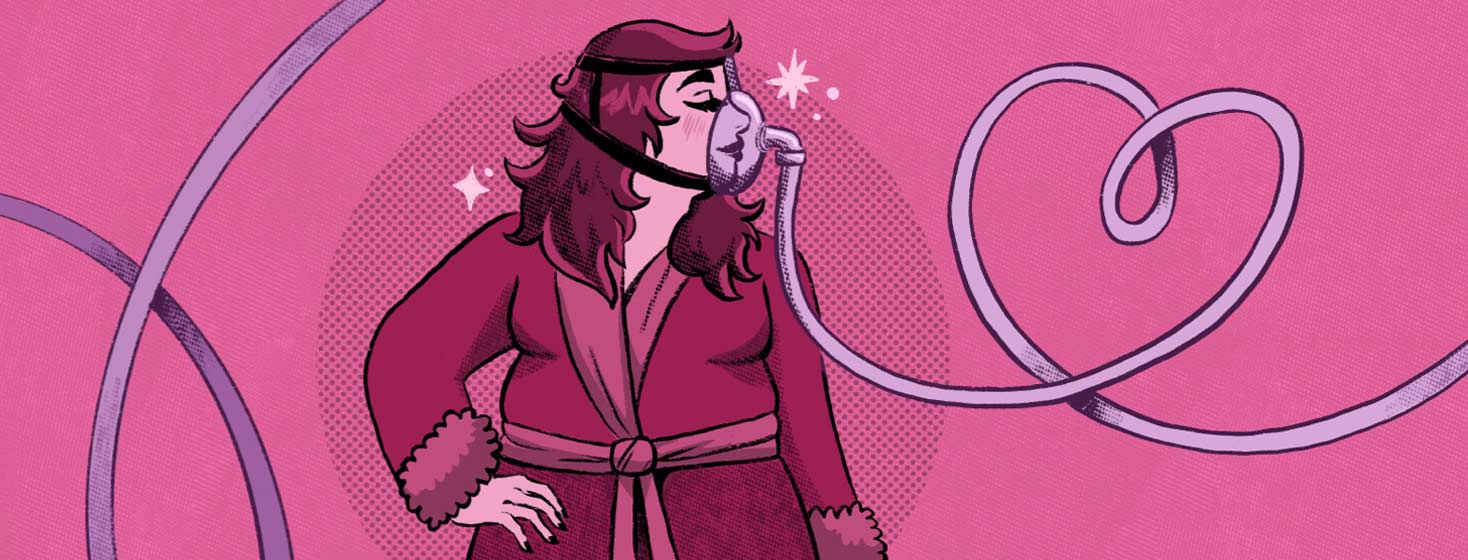5 Things I Would Tell Myself Post-Diagnosis
1. You are not alone
My other articles have stated this, but I will reiterate it because I think it is so important. Everyone I spoke with told me that their older, male, overweight family member also had obstructive sleep apnea and slept with a continuous positive airway pressure (CPAP) machine.
No one told me about a woman or a child or a young woman like myself. I did not have anyone my age, or even my gender, to speak with about this new diagnosis and all the confusion that came with it. Little did I know how prevalent this is among women.
To all the women with sleep apnea out there, you are not alone!
2. Do not be embarrassed
This goes along with my number 1 statement. You do not need to be embarrassed. Society tells women that we should be dainty little things at all times. The snoring that accompanies an obstructive sleep apnea (OSA) diagnosis is the antithesis of this picture that society wants us to be.
Fact is, this is okay. We do not need to fit into the box that people try to shove us into. You are strong, resilient, powerful, and brave. The simple fact is: you are living with obstructive sleep apnea. You do not need to be embarrassed about this!
3. Stand up for yourself
If I was given a penny for every time I have explained to family members, friends, and associates why I am tired, I would be so wealthy. People just do not understand what it is like to sleep with obstructive sleep apnea. It makes sense if they do not have it why they might be confused.
I used to shy away and just avoid the conversation. But, I now realize that I need to stand up for myself, advocate for this diagnosis, and explain it (calmly) to those who may not understand. This diagnosis is not only very real, it is so important to catch because OSA can have serious health implications when left undiagnosed and untreated.
4. You NEED this machine
I wish someone was there post-prescription of my CPAP machine to remind me how much better I felt when I slept with it and how much I needed it.
Eventually, I figured this out on my own, and I eventually began using the machine each night but it did take some time. This also goes back to the do not be embarrassed message!
No one else in my dorm building slept with a machine, and I did not want to either. But, I am glad I got over this because it has truly changed my sleep for the better.
5. You will get more comfortable with the mask soon enough
This is a tough one and one that I hear very often from individuals I speak with about their CPAP machine. When you are in the moment, it seems like you are never going to get used to sleeping with the mask on your face shooting air into your mouth, nose, or both.
But, the time will come eventually. I am now about 10 years into using my CPAP every night, and now it is more of an I-cannot-sleep-without-my-machine situation rather than I-hate-this-mask-I-can’t-sleep-with-it-on situation.
I believe that this time will come, even if it takes a long time! Try not to give up!!
I would love to hear your thoughts and any comments or questions you have about this and/or other articles! Please join our community and join the conversation.

Join the conversation